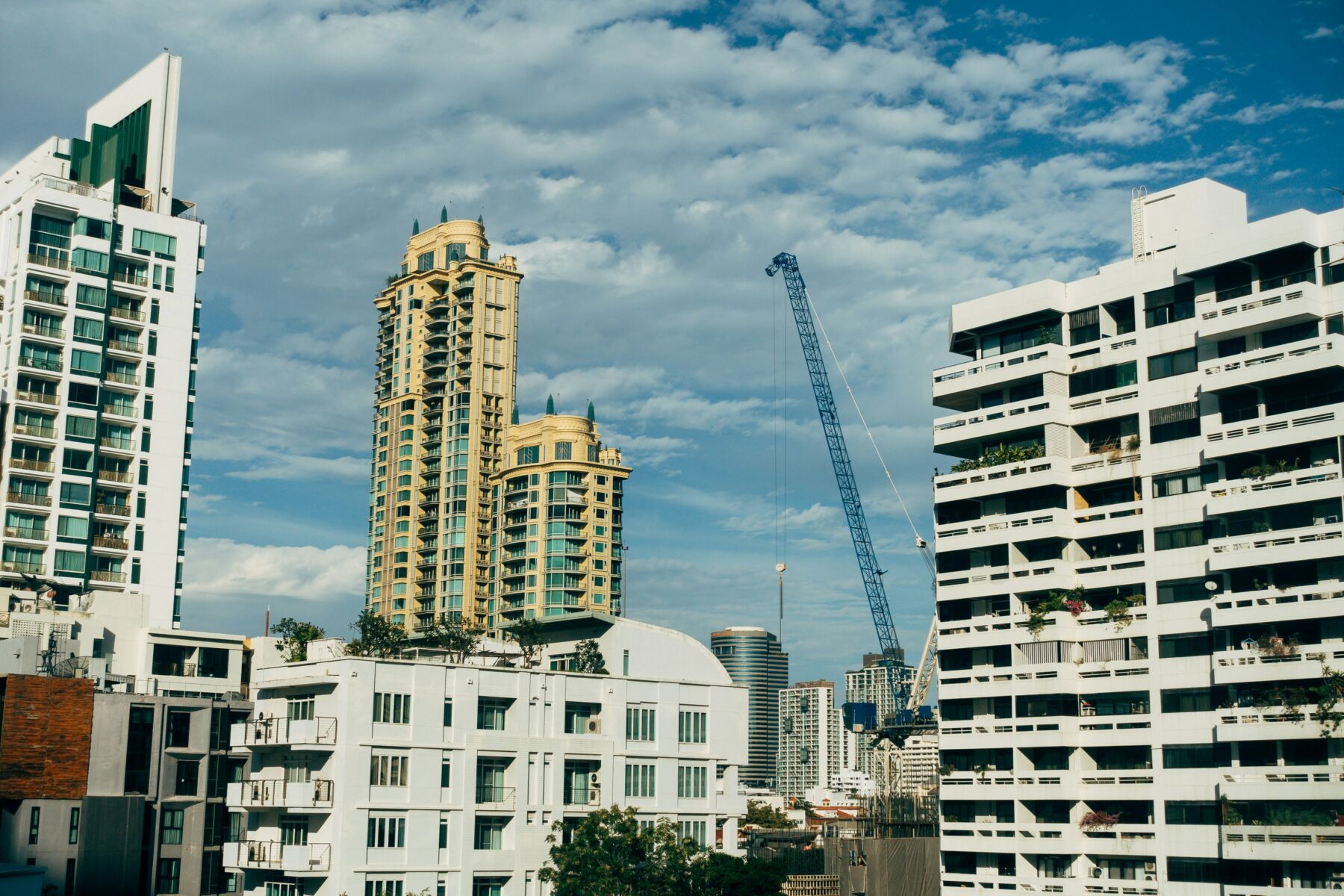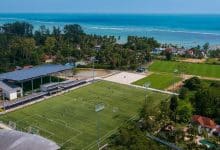Thailand proposes 75% foreign ownership in condos, extending leases to 99 years

The government’s proposal to increase foreign ownership quotas for condominiums to 75% and extend land leasehold terms to 99 years has raised concerns, though officials are downplaying potential negative impacts.
Government spokesman Chai Wacharonke addressed these concerns in a Facebook post, asserting that regulations could be introduced to mitigate any adverse effects on Thai citizens. The proposal aims to raise the foreign ownership of condo units per project from the current 49% to 75%, and extend the maximum land lease term for foreigners from 30 to 50 years to 99 years in renewable lease contracts.
Chai highlighted the economic benefits of this proposal while acknowledging public opinion. He outlined four main concerns that have surfaced in public debates over the past week.
People fear that these changes could lead to skyrocketing property prices, making homes unaffordable for many Thais. Additionally, there is concern that foreigners might buy condos to rent out short-term to tourists, which could disrupt the local housing market.
Another worry is that financially affluent foreigners could secure leasehold contracts on multiple plots of land to operate businesses, potentially outcompeting Thai business operators. Lastly, if foreign ownership in condo units surpasses that of Thai residents, there is concern that foreigners might find ways to circumvent rules limiting their voting rights on residential project management, potentially taking control of these projects.
“The government always has the option to issue new regulations to address these scenarios if necessary, ensuring fairness and protecting Thai interests,” Chai stated.
The government might even impose a condition that foreigners owning condo units exceeding the current 49% quota would not have the right to vote on the condo’s management, should the quota be increased to 75%, reported Bangkok Post.
Last week in the House, Deputy Interior Minister Chada Thaised responded to opposition questions by clarifying that the Cabinet had only approved the proposal for further study, not for immediate implementation.
Latest Thailand News
Follow The Thaiger on Google News:


























